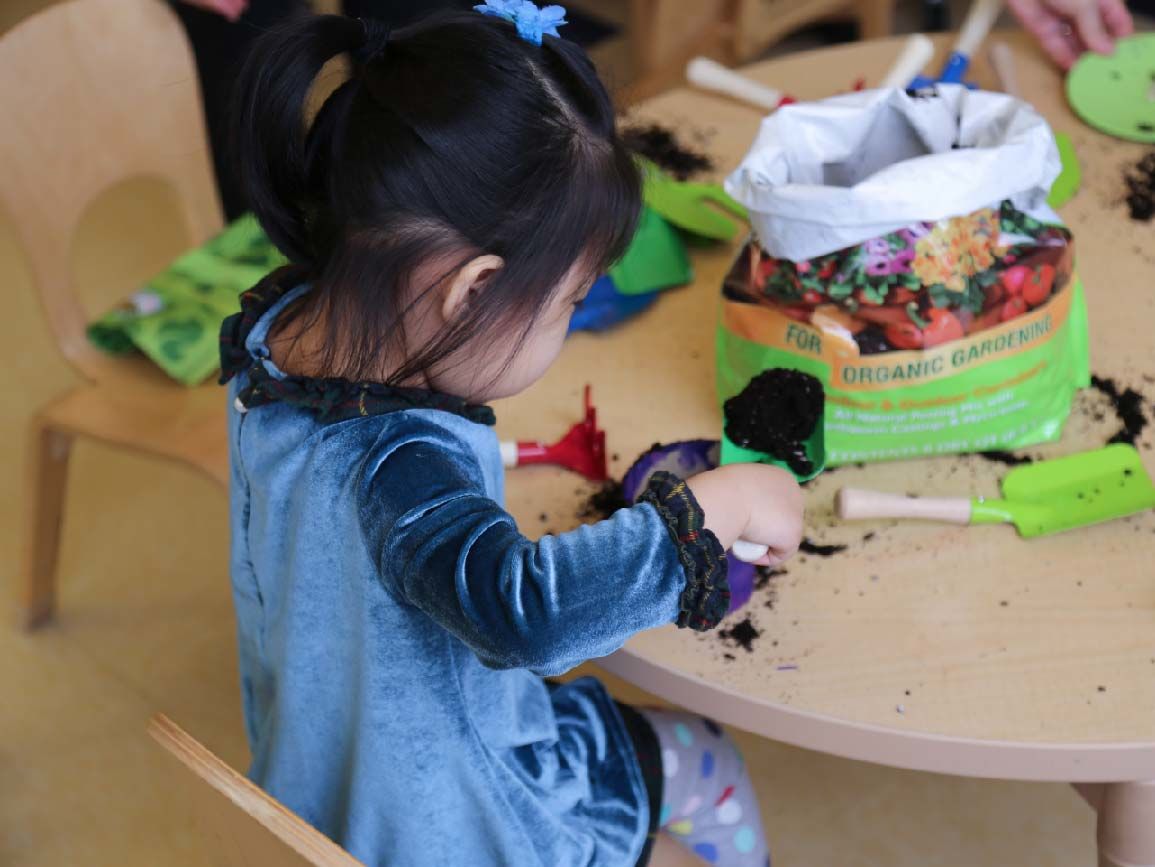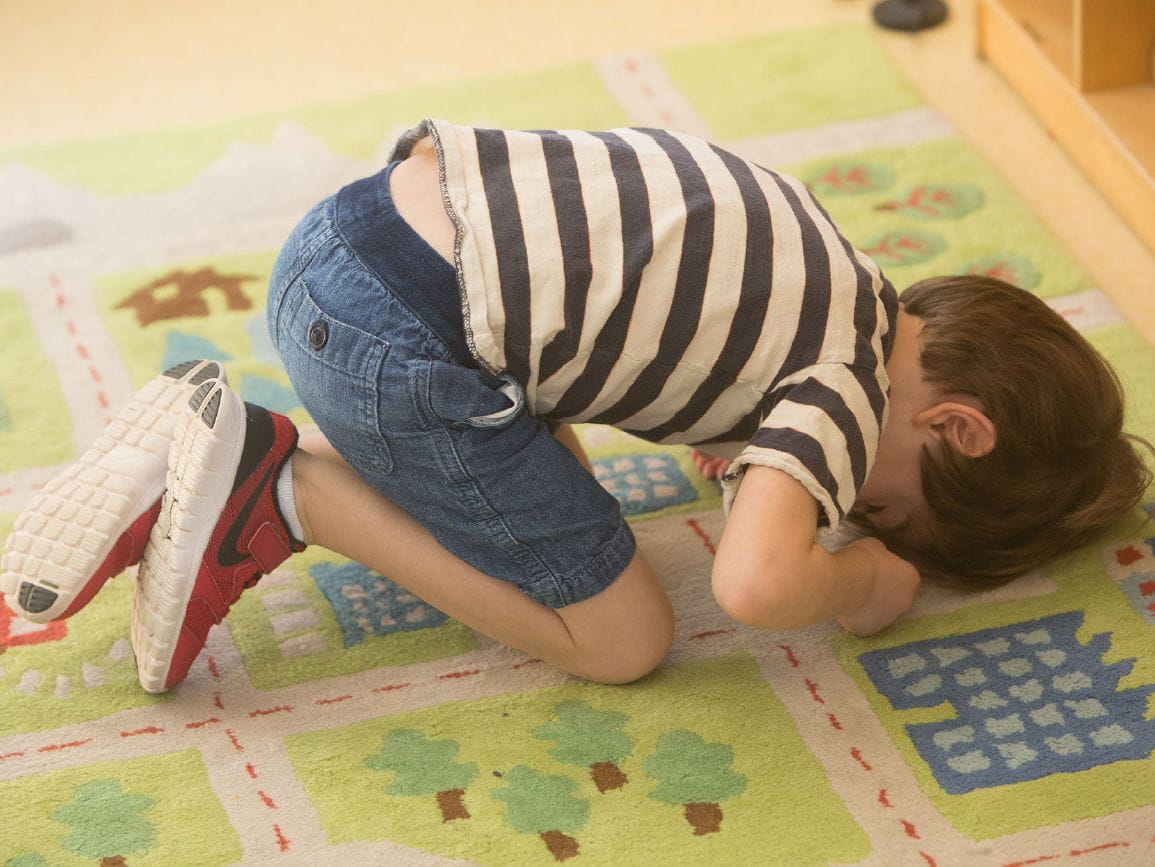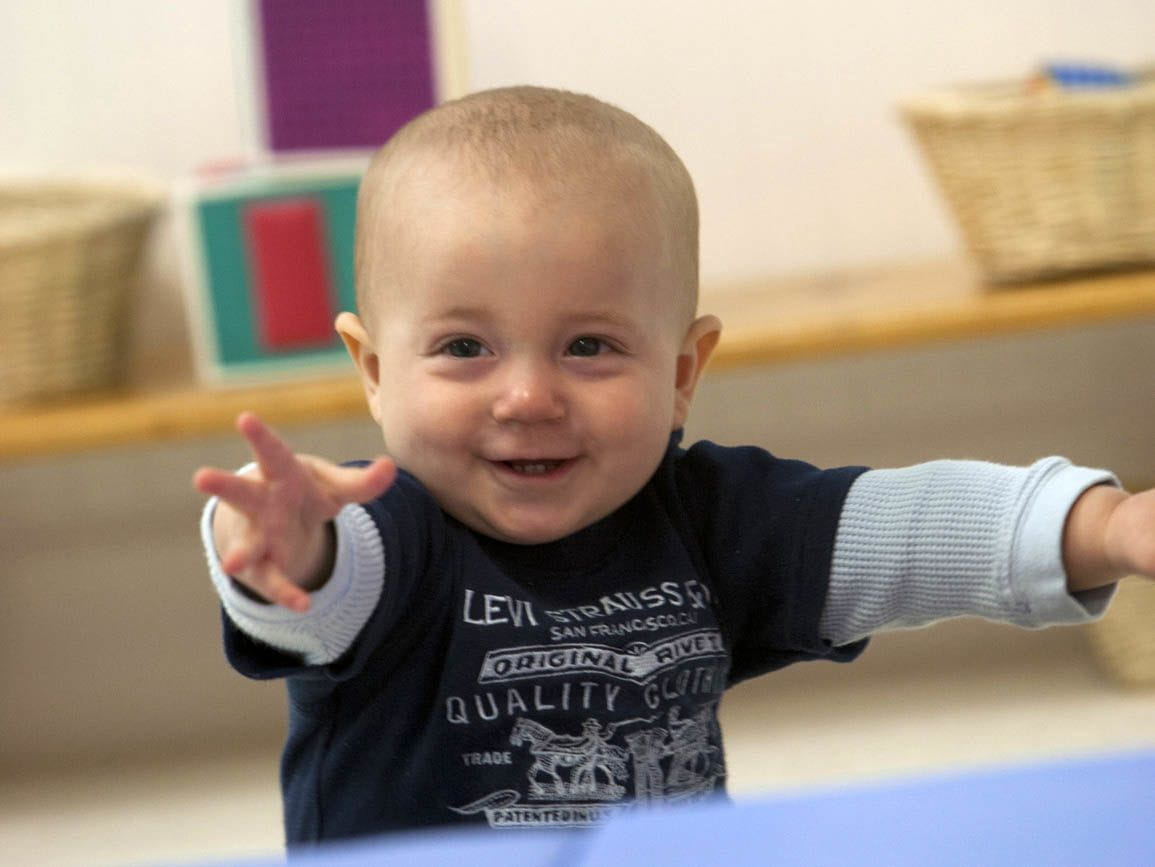Today the term early care and education is probably the best umbrella term to describe all programs, part-and full-day, and center-school-or home based.
Child Care Is Early Education
The growth of child care programs, those in both homes and centers, stemmed from meeting the demand for both care and education. Many nursery schools or preschools extended their days from morning sessions to become child care. From the time children arrive to the time they leave—no matter what the program is called—they are learning. What they are learning and how much, of course, depends on the quality of the program.
Unfortunately, studies of the quality of the programs indicate that many early childhood settings are low-quality education and care. Why the quality issues? For the most part, because many child care settings are early education settings not adequately funded to provide quality education or care. Quality education and care is not likely with the bad combination of minimum wage teachers, high turnover, minimum staff-to-child ratios, minimum space and equipment, minimum training of staff, and minimum organizational support. Quality requires trained staff, good staff-to-child ratios, supportive facilities, and budgets that allow for decent salaries and benefits.
All Early Education Programs Provide Care
Young children need care, and the longer the program, the more the care. Caring and learning are hard to separate. Nurturing interactions are times for conversation and physical interaction that affirm the child’s sense of self-worth and competence and grow the child’s language abilities. Programs that consider care incidental provide a diminished education.
Good early care and education comes under many names, many auspices, in large and small centers, and in homes. The difference between a quality early education setting and a mediocre one is not the length of the day, whether it is for profit or nonprofit, home or center. Good programs are high quality organizations: they recruit and retain good people, are committed to training and development, manage scarce resources well, and have a culture built on respect for children and families and all of those who care for them. Good programs understand that early education requires hands on, active, individualized learning and high expectations for every child, and that good care requires nurturing, sensitive, individualized care. And good early care and education programs understand that parent partnerships are essential to the child’s future success in school and life.





